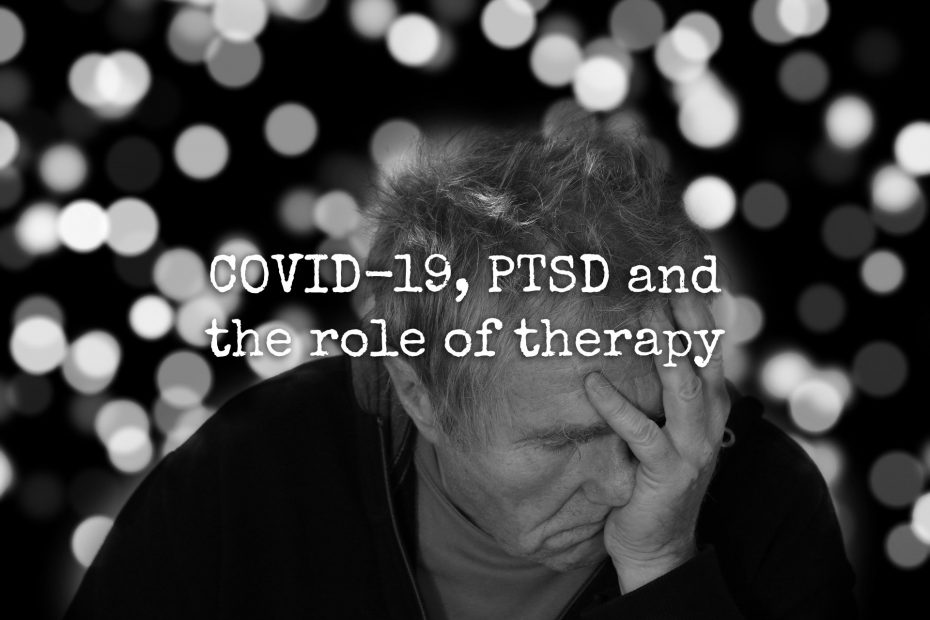Sadly, there’s likely to be a lot more work for private therapists post-pandemic, especially if you offer PTSD support to NHS staff and other key workers suffering from the after-effects of dealing with the worst phases of COVID-19.
The increased likelihood of PTSD
There’s a lingering misconception that Post Traumatic Stress Disorder is largely confined to veterans and anyone who has lived in war zones, but understanding of the link between childhood abuse, single episode traumas, and PTSD is growing all the time.
What’s not so widely accepted is that first responders and healthcare providers can gather enough accumulated trauma to suffer from PTSD. As it ‘creeps up’ on them over time, even the person with PTSD may be unaware of how serious their mental health issue is.
If key workers do know their mental health is poor, flagging it up to line managers can make them fearful for their jobs.
Plus, health and social care staff who have dealt with the terrible COVID death toll are unlikely to be afforded much recovery time. The backlog of health interventions must be dealt with, now the battle against COVID appears to be abating.
Plus, social care staff have a raft of new control measures to incorporate into their working day, as a legacy of the tragic loss of life among care home residents and the elderly in general.
This creates a situation in which substance misuse and depression could become insidious in these professions. Especially when added to the long-term effects of months of lock-down and parents grappling with childcare and education issues.
Some of the worst affected may have experienced COVID-19 first hand and have physical health issues to add to the symptoms of PTSD!
How can therapists help?
First, you should grow your understanding of PTSD and the way it manifests, especially as symptoms can appear weeks or even months later. Also, dig down on the way your patients explain their challenges in therapy sessions, including sleeplessness, anxieties that appear ‘random’ and hyper-vigilance.
Also, it’s recommended that you use your business marketing to highlight your credentials for providing private trauma support, in a confidential and non-judgmental setting.
Do you need any additional training in CBT for PTSD?
According to NHS figures, talking therapy is now a widespread tool in tackling mental health issues such as trauma impact, with 1.6m people referred in 2018-19 alone.
The irony is, NHS staff may become a high proportion of the clients who need your discrete help and therapy services.
(source: https://digital.nhs.uk/news-and-events/news/iapt-2018-19)
For more advice for coaches and therapists, take a look at the rest of our blog today.

